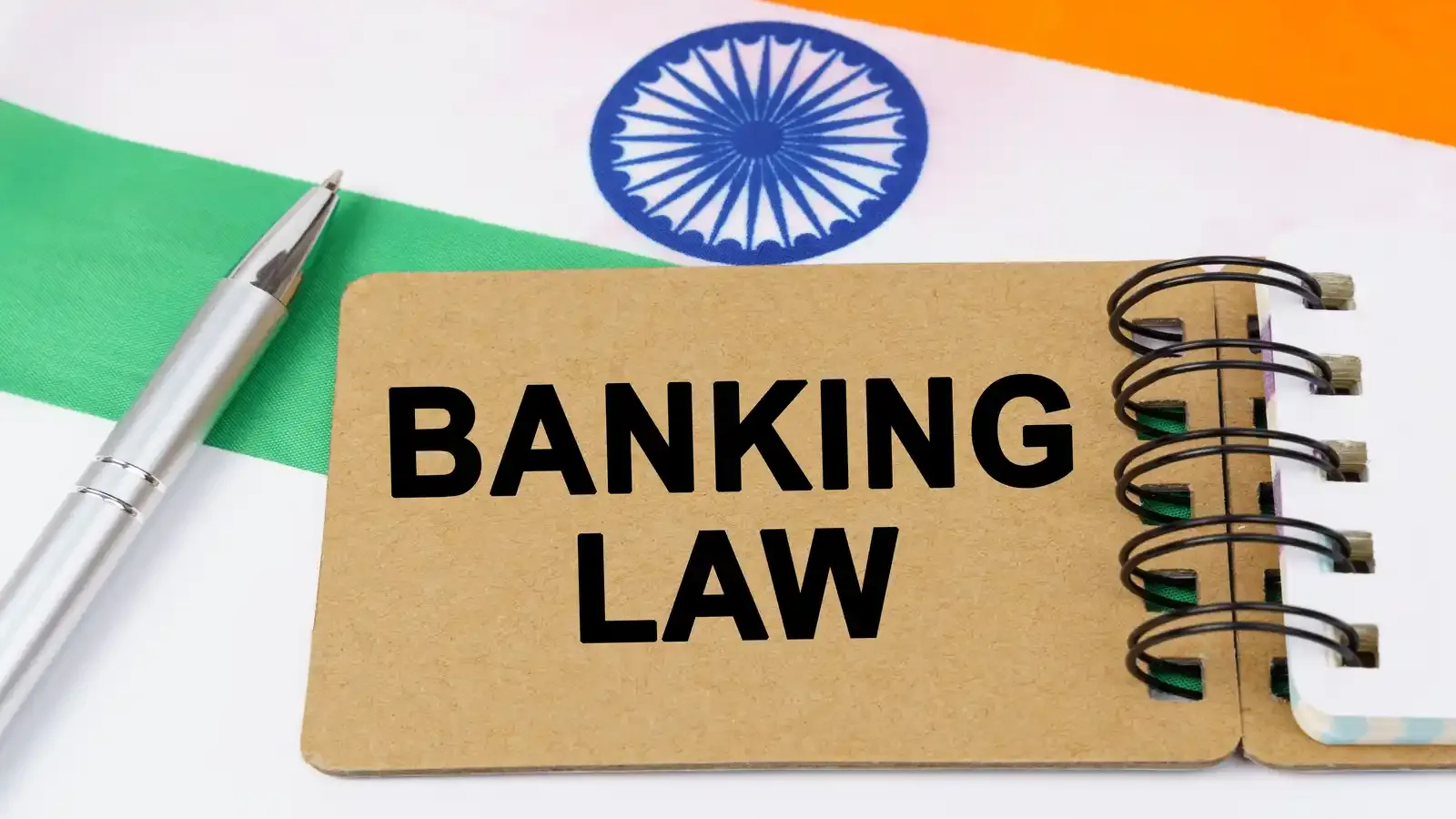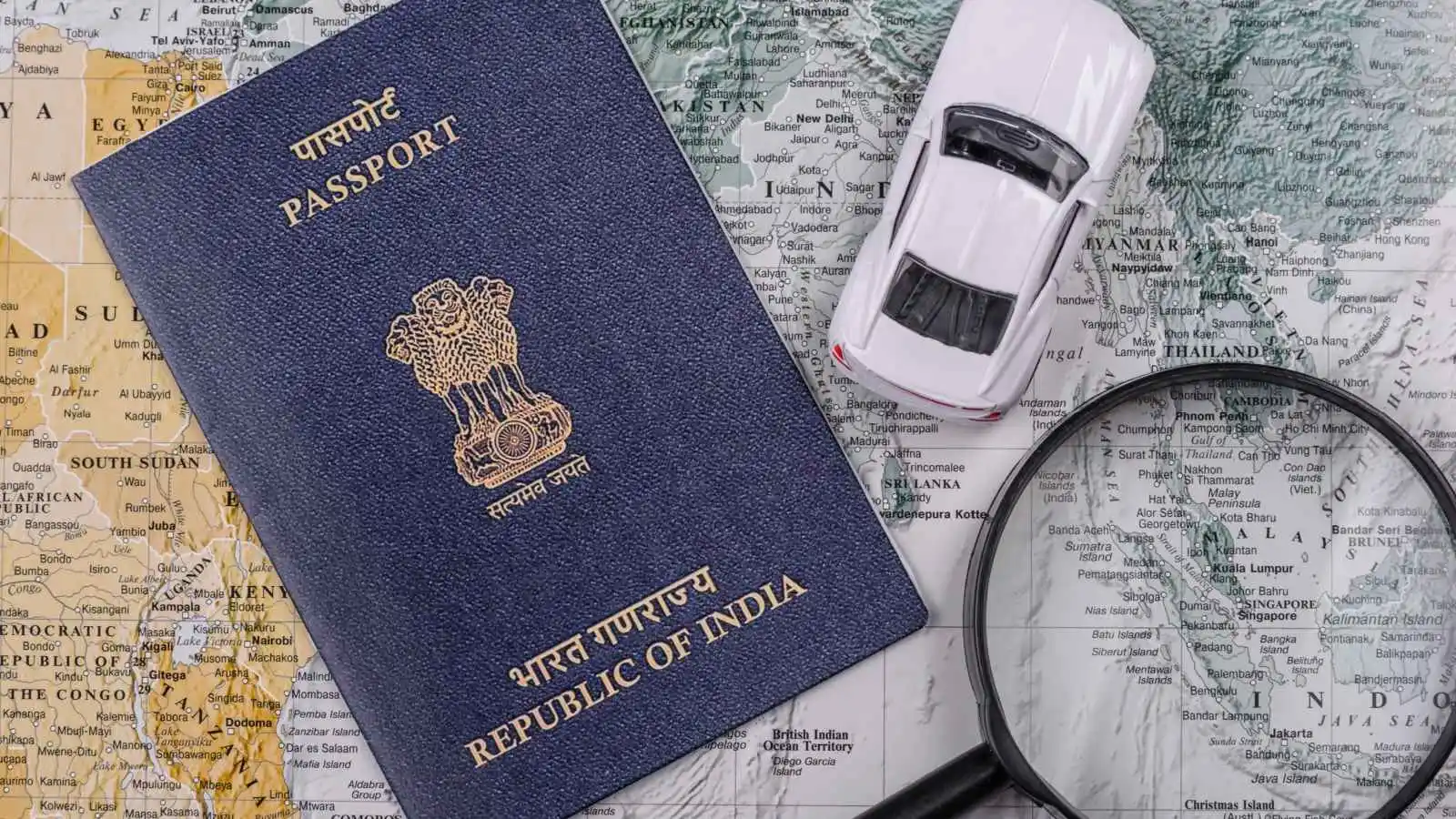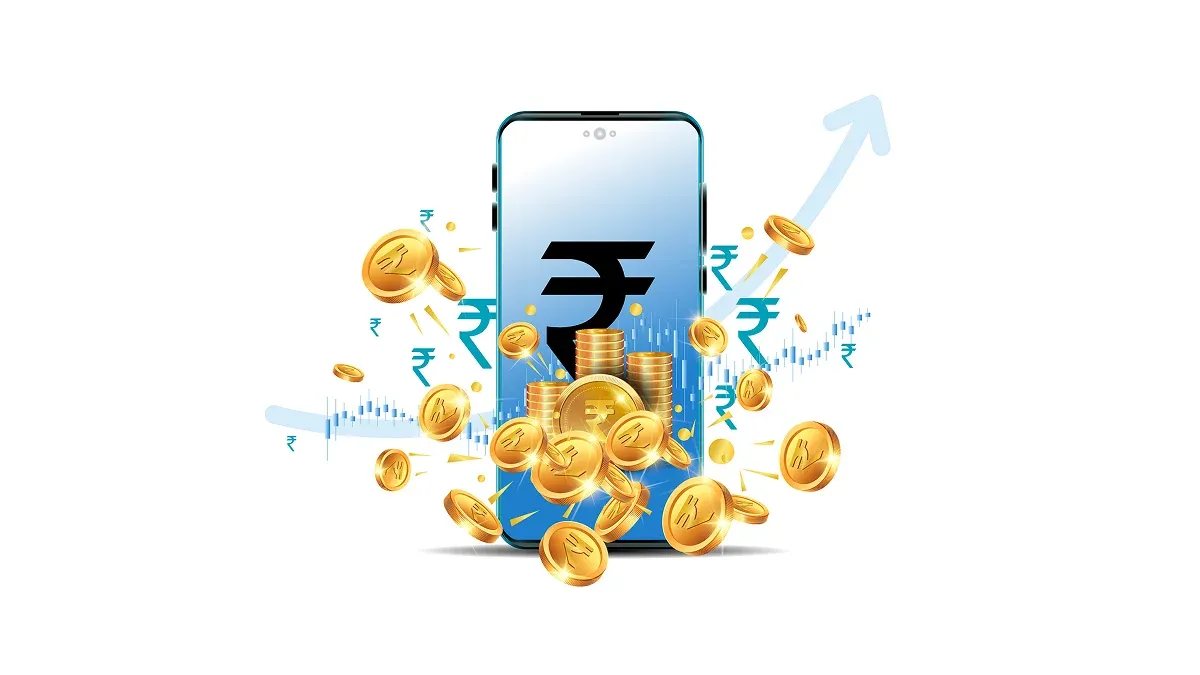What Is the Minimum Income Required to Be Eligible for a Personal Loan?
Written by Pradnya Surana
Published on November 18, 2025 | 3 min read

Minimum Income Requirement for Personal Loan
Planning to take a personal loan but worried if your salary is enough to qualify for a loan? Or if you qualify, what is the maximum loan amount you can avail? This is one of the most common questions people ponder when they need quick funds for a wedding, medical emergency, home renovation or any other unexpected expense.
But income level alone does not make you eligible for a certain loan amount. It also depends on whether you have existing loans, how sustainable your income is, whether you are salaried or self-employed and what your credit score is.
For now, for income, let’s break it down in simple terms.
The Basic Income Requirements
Most banks and NBFCs (Non-Banking Financial Companies) in India have different minimum income criteria depending on where you live. We can safely assume below income levels below.
For salaried individuals
For self-employed individuals
But as said, having the minimum income does not guarantee approval. Banks look at several other factors, too.
Why Does Your Income Matter?
When someone borrows money from you, before obviously think about your moneys security. You try and gauge by when will this person return the money or if at all he or she will even return. You analyse this by understanding the borrowers' present and possible future income levels.
The same is with banks, but just that it happens in a systematic way. When banks or financial institutions lend you money, they want to be confident that you can repay it comfortably without struggling. Your income is the primary source from which you will repay the loans in the form of an EMI (Equated Monthly Installment).
If your income is too low compared to the loan amount you are asking for, the banks will simply reject the loan because they doubt your repayment capacity.
Beyond Income Levels
Even if you meet the minimum income requirement, banks will calculate something called your ‘debt-to-income ratio’. This means they will check how much of your income is already going toward existing loans or credit card bills.
For example, if you earn ₹30,000 per month but already pay ₹18,000 in EMIs for other loans, banks will hesitate to give you another loan. The lenders usually prefer that your total EMI obligations do not exceed 40-50% of your monthly income.
Other Factors That Matter
Your income is important, but not the only criteria. Banks also look for
How to Improve Your Chances of Getting a Personal Loan
Check with the lender if they can sanction your desired amount. If not, ask them what can be done. They will usually suggest one or more of the following,
-
Apply for a lower loan amount
-
Add a co-applicant to boost eligibility
-
Improve your credit score by paying off existing debts and clearing any pending bills
-
Choose a longer tenure to reduce your monthly EMI burden
While most lenders require a minimum monthly income of ₹15,000 to ₹25,000 for personal loans, remember that this is just one piece of the puzzle. Your overall financials, credit history and repayment capacity matter equally.
Before applying, use online EMI calculators to check your eligibility and also if you can comfortably afford the monthly payments. After all, a loan should help solve your financial needs, not create new problems.
About Author
Pradnya Surana
Sub-Editor
is an engineering and management graduate with 12 years of experience in India’s leading banks. With a natural flair for writing and a passion for all things finance, she reinvented herself as a financial writer. Her work reflects her ability to view the industry from both sides of the table, the financial service provider and the consumer. Experience in fast paced consumer facing roles adds depth, clarity and relevance to her writing.
Read more from PradnyaUpstox is a leading Indian financial services company that offers online trading and investment services in stocks, commodities, currencies, mutual funds, and more. Founded in 2009 and headquartered in Mumbai, Upstox is backed by prominent investors including Ratan Tata, Tiger Global, and Kalaari Capital. It operates under RKSV Securities and is registered with SEBI, NSE, BSE, and other regulatory bodies, ensuring secure and compliant trading experiences.
























